

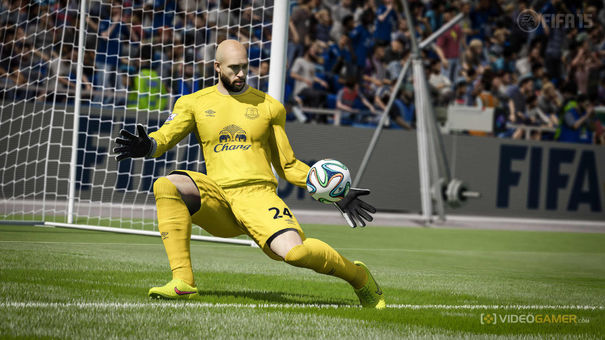

FIFA 15 is a tricky game to score. On the one hand, in my review I praise many of its mechanics and improvements, but the next line goes on to critique one of its biggest changes: goalkeepers. I also discuss the lack of improvements throughout the single-player game modes.
Then comes that big, scary number that makes the internet think FIFA 15 is the worst thing since Titus Bramble. The dreaded ‘7’. I know many will look at that number and assume this year’s entry is bad, awful, back to the dark days of Road to the World Cup, but it isn’t.
As I say at the top of my review, this is a very good game of FIFA. Looking at the gameplay itself, it’s right up there with the best of them. The problem is, one of the key components is so unbalanced that it holds the rest of the experience back.
Goalkeepers have been completely revamped, but in an attempt to add a new level of realism, EA has forgotten to maintain a sense of fun. The keepers have inhuman reaction times, and are able to leap for shots that simply shouldn’t be possible. I compare the imbalance to to last year’s heading. In the early days of 14, heading was so out of whack that any cross into a box that had the likes of Fellaini, Benteke or Lukaku would almost certainly result in a goal. It was later addressed in a patch, but the problem with 15 is that goalkeepers are so integral, the be all and end all of most opportunities.
I had over a dozen shots in countless matches and still failed to score. Not only does the keeper make incredible saves, but attackers fluff easy chances. These aren’t Sunday league amateurs, but the world’s greatest athletes, whose sole job is to stick that ball past the man between the sticks. Right now, the advantage lies with the defence for all goalscoring chances, and that’s not fun. A player controlling Radamel Falcao in a one-on-one should feel confident that he’s going to score, but that’s not the case right now.
The goalkeepers also begin to have a wider impact on build-up play. How you create chances will change. You’ll become hesitant, pass instead of shoot because you know the goalkeeper will always save shots from ‘this’ distance and angle. The fact that momentum and spin now maintains through multiple touches on the ball means that tiki-taka is likely to be on the rise again, so you’ll resort to short, sharp passes and hope that space will magically appear. You’ll start taking wild shots from outside the 18-yard box, hoping a striker will poach the rebound. This isn’t tactical football, but an attempt to ‘game’ the mechanics, like you would Tetris or Mario.
I used instant replay to look at many of the shots I had at goal, and it seems that the level of assistance that the game offers for shots has been affected, too. Finesse shots now go straight down the keeper’s throat, meaning they’re no longer effective. Instant replays showed many efforts going straight at the keeper when it would have been easier to put the effort either side.
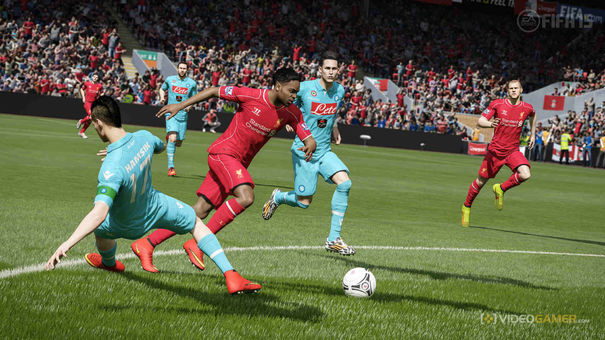
I tweaked most of the settings in the game: pass, shot and through ball assistance, game speed and shot modifiers, failing to find that magical ‘Goldilocks zone’ to address the issue. It’s quite clear that the adjustments EA has made have gone too far in aid of making goalkeepers appear ‘next-gen’, and need to be fixed soon to make a player’s hard work pay-off with a goal at the end of all the great football.
If EA patch this issue, then the rest of the improvements can shine through, making this comfortably the best football EA has ever produced. But the fact remains that with goalkeepers impacting everything else within a match, the whole game suffers as a consequence.
There are other additions which fail to make a mark, like having team line-ups appear at the bottom of the screen at the start of the match. This is at the expense of the player map, meaning you either guess where your team-mates are or have to wait the additional thirty seconds for the ticker tape to disappear.
‘Commentary Stitching’ also falls flat. In an attempt to offer fluid, dynamic dialogue from Martin Tyler and Alan Smith, what has actually been added is a series of generic plot points, repeated during every match: a team’s next fixture, a player’s World Cup performance, Manchester United’s struggles, Newcastle’s lack of silverware. These will be repeated every match, and you’ll once again play FIFA either muted or with music soon enough.
But FIFA fans have become accustomed to less-than-stellar commentary. What we shouldn’t become used to is getting the same single-player experience year-on-year.
Both player and manager career modes are near-enough identical to their 14 offerings, and this isn’t good enough. Everybody knows that FIFA Ultimate Team is far and away EA’s most successful mode, and there have been some great additions this year with concept squads and loan players, but that doesn’t excuse neglecting the rest.
The career mode progresses at the same pace as in 14, offering no meaningful interaction with the gaffer as a player, and no real engagement with anyone when you’re the boss. The transfer window is still broken on deadline day, so if any deals are in progress in the final hour, they’re dead in the water.
EA’s 2014 FIFA World Cup game integrated skill games as training drills in the Be a Pro ‘Captain Your Country’ mode. It also added rivals, whom you had to outperform in order to catch the manager’s eye and move your way up the squad rankings to get into the first team. It seems bizarre that neither feature has made its way across to 15, with skill games left as an isolated feature often ignored aside from during loading screens.
Small steps can be taken by EA to make great improvements on the pitch. Tweaks to finishing and goalkeepers via a patch will most certainly make this FIFA the best football game yet. With the great new player models, amazing stadia and improvements on both sides of the ball through tackling and better passing, the gameplay is on a strong footing. But the issues with the UI and game modes are unlikely to be addressed before next year’s offering. It feels like the success of Ultimate Team has taken precedence over other modes, and that’s a shame.
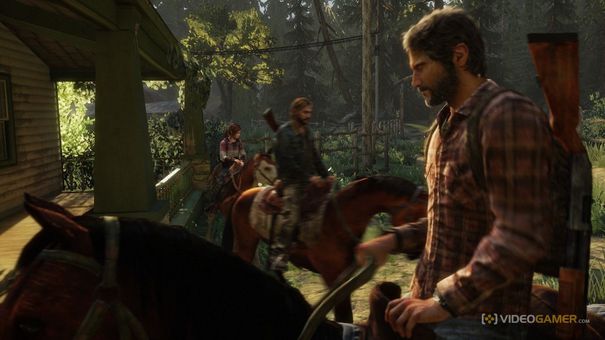
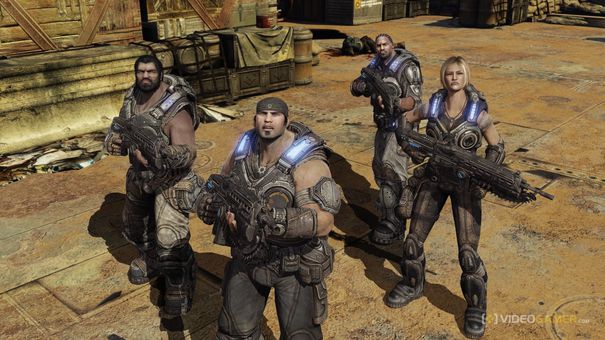
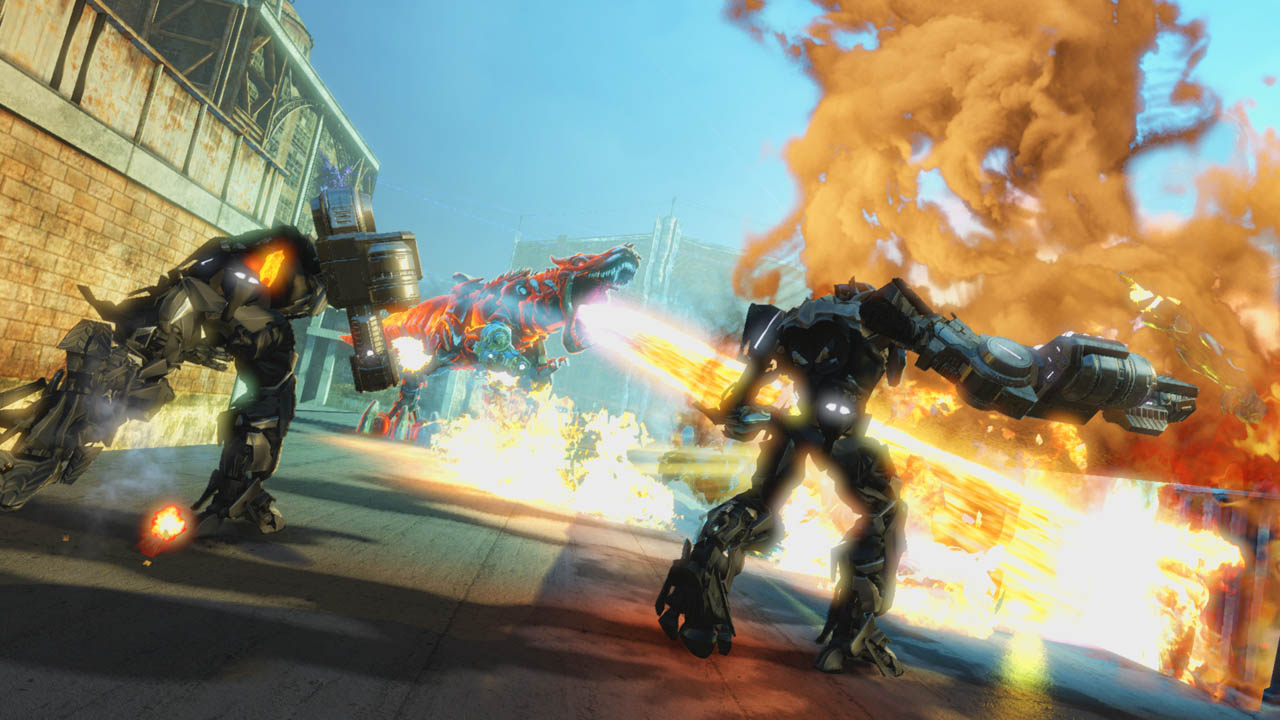

 How to Kill a Sentry: TF2
How to Kill a Sentry: TF2 War Thunder: The Guide to Stukas
War Thunder: The Guide to Stukas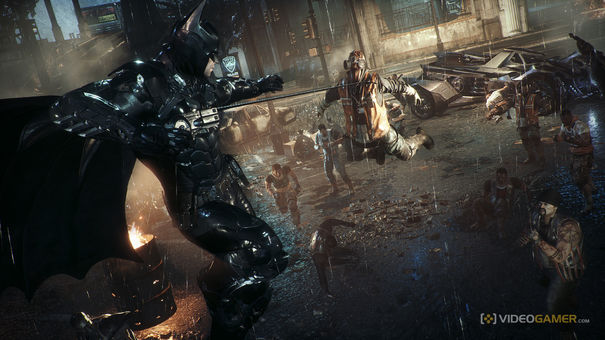 . Plays, 27th June 2015
. Plays, 27th June 2015 Torchlight 2: Melee 2 Hand Weapon Ember Reach Engineer Build Guide
Torchlight 2: Melee 2 Hand Weapon Ember Reach Engineer Build Guide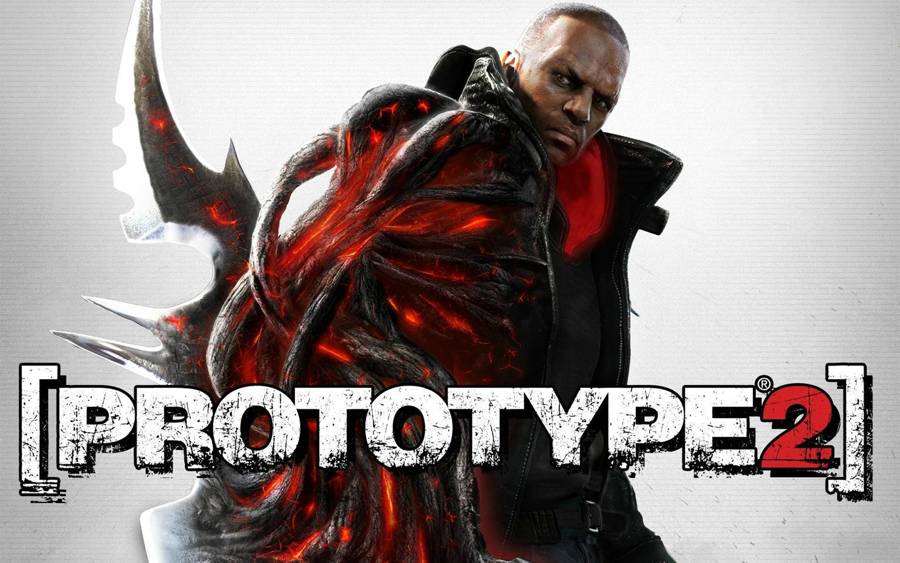 Prototype 2 Oakhurst Black Box Locations
Prototype 2 Oakhurst Black Box Locations